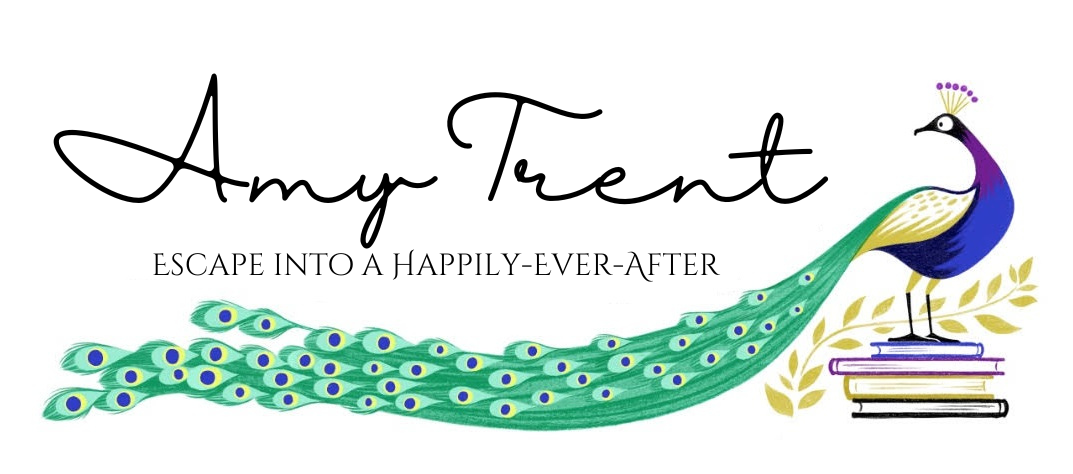Discussion Questions

I love talking about books with friends. I also like chewing on the themes of a book independently. Here are twelve questions (see what I did there) regarding Smoke, Steel, & Ivy to get you going in either pursuit.
- Folklore, specifically fairy tales, were the first stories Amy encountered that explored the heroine’s journey. Gail Carriger has a lovely book about the archetype of the heroine’s journey verses the hero’s. Her examples are fun and do the job of showing that, while the terms are gendered, any character (male, female, nonbinary) can follow these established paths. Most of us are familiar with the hero’s journey and have probably at some point had to analyze a story against its frame work. Less discussed is the heroine’s journey. Her story is one of connection, finding friends and working with them to together achieve a shared victory. In what ways do both Ivy and Collin follow the path of the heroine’s journey? Is success more or less satisfying when it is shared by many? How much individual growth is possible when working within an ensemble?
- The original fairy tale of the Twelve Dancing Princesses plays a lot with the theme of visibility/invisibility. Here are highly visible people, namely twelve princesses, who disappear mysteriously every night. Along comes a nobody—a poor soldier without any name—who is going to solve this mystery and succeed where other VIPs have failed. To do that he’s going to wear a cloak of invisibility, and he’s going to become a person worth keeping track of in the process because, in fact, he was always a person worthy of notice. It’s a lot of fun. As much fun as exploring invisibility is in fiction, IRL feeling unseen doesn’t feel good. We’ve all been there, and it’s miserable. So to the question: who is the more invisible character in Smoke, Steel, & Ivy –Major Collin or Princess Ivy?
- The myth of Atalanta was an influence for this novel. In this myth, the hero uses golden apples to distract Atalanta and win their race. Golden apples come up in folklore too. They are symbols, a placeholder for what is flashy enough or important enough to stop us in our tracks. What makes us course correct? What gets our attention? In the novel, Ivy has a love of and a thirst for technology. Collin gets it. He turns to his friends for help. And the result is three delicious, mouthwatering golden apples, tinker-made to stop Ivy in her tracks and realign her journey. What are your golden apples? What in your life has gotten your attention, made you pause and reevaluate?
- All of the characters in Smoke, Steel, & Ivy are Amy’s favorite. But the idea of a gorgeous, capable, witty, articulate, confident young woman drafting, creating, engineering, welding and being a princess? She gave Pen cropped blonde hair because she wanted the coolest princess to have a trademark of her younger self. Young Amy pretends not to notice, but is pretty smug nonetheless. Secretly, she’s delighted that the princess who looks like her is such a badass. Who is your favorite character from Smoke, Steel, & Ivy? What do the two of you have in common?
- King Rupert is a deeply flawed character, but has some redeemable and important qualities. What do you think some of those are? What qualities does he share with Ivy? How much of Rupert’s actions do you feel were intentional? Or was he just lucky? Are men luckier than women as a rule? What if we replaced our concept of luck with the word privilege?
- Glass mountains come up in folklore and are symbols of isolation. Amy sees glass mountains as being a shorthand for the hero’s journey: an impossible quest that proves the hero’s mettle (He alone has the extra special sauce! He alone can defeat the foe!), but leaves him ultimately alone. Glass mountains can look an awful lot like pedestals. They betray sentiments that love is nothing more than conquest. When this happens, women turn into objects: trophies (The hero did the impossible. He made it to the top of that glass mountain, and now he gets the girl!). In the chapter leading up to the glass mountain statement, Ivy wonders what, if any, role a woman can play in a hero’s conquest. She certainly has determined that true love cannot be part of the equation. Is she right? Is true love impossible when it comes to the hero’s journey?
- The character of Adelaide, King Rupert’s current wife, is a shadowy one. She has barely any lines in the book and makes few appearances. Why do you think that is? What do you think transpired between her and her husband at the summer palace to change Rupert’s mind regarding the succession crisis and settle on a game to determine his heir?
- Collin keeps the truth from Ivy because he knows it would devastate her. Her father betrayed her for his own vanity and other selfish motives. Collin reasons that telling Ivy the truth would damn both him and Rupert in her eyes. He tries to do the honorable thing—giving Rupert a chance to explain. He also believes that if he can gather enough evidence to show Ivy what kind of man he is, she might forgive his betrayal. He was in a desperate situation, running scared, and then had the misfortune of falling madly in love with a woman he had no business even speaking to in peacetime. Was Collin right? Are we ever justified in keeping things from those we love?
- Does Ivy forgive her father? Does she forgive Collin? Would you forgive them? At the end of the novel Ivy creates some very definite boundaries for her father. Does she do the same with Collin? How important are boundaries to the paradigm of forgiveness?
- The novel opens with the Kingdom of Amadanri at war with their neighbor, the Republic of Olcceart. What are the effects of the war on an individual level? What signs of stress is Ivy showing that are a result of the war? What in the novel suggests Collin has some PTSD? Is violence sanitized in this story for the sake of entertainment? Or is violence glorified and sensationalized? Could the fairy tale of the Twelve Dancing Princesses be retold without any mention of violence? Why do you think Amy decided to start her novel here, instead of starting with armistice and the King’s game?
- Who’s the best flirt in Smoke, Steel, & Ivy? Who’s the worst? Do you agree with Collin that a certain amount of insincerity accompanies a flirtatious exchange?
- If you had a flavor of ice cream named after you, what would it taste like? What would you call it?

